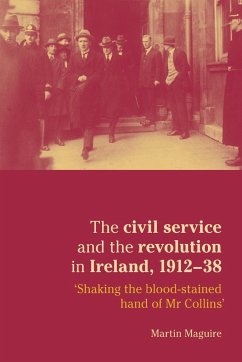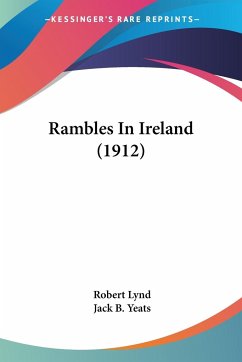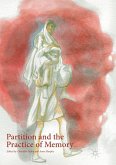This book is a history of the Irish civil service and its response to revolutionary changes in the State. It examines the response of the civil service to the threat of partition, World War, the emergence of the revolutionary forces of Dail Eireann and the IRA through to the Civil War and the Irish Free State. Questioning the orthodox interpretation of evolution rather than revolution in the administration of the State it throws new light on civil service organization in British-ruled Ireland, the process whereby Northern Ireland came into existence, the Dail Eireann administration in the War of Independence, and civil service attitudes to the new Irish Free State. Based on a wide range of new sources, the book is of interest to undergraduate and postgraduate students of Irish, Imperial and Commonwealth history and of post-colonial, governance and political studies as well as a reader with an interest in the role of the State in the process of decolonisation in the 20th century.
Refutes the orthodox view that the independent Irish State accepted intact the civil service inherited from the former British regime in Dublin Castle
Hinweis: Dieser Artikel kann nur an eine deutsche Lieferadresse ausgeliefert werden.
Refutes the orthodox view that the independent Irish State accepted intact the civil service inherited from the former British regime in Dublin Castle
Hinweis: Dieser Artikel kann nur an eine deutsche Lieferadresse ausgeliefert werden.








